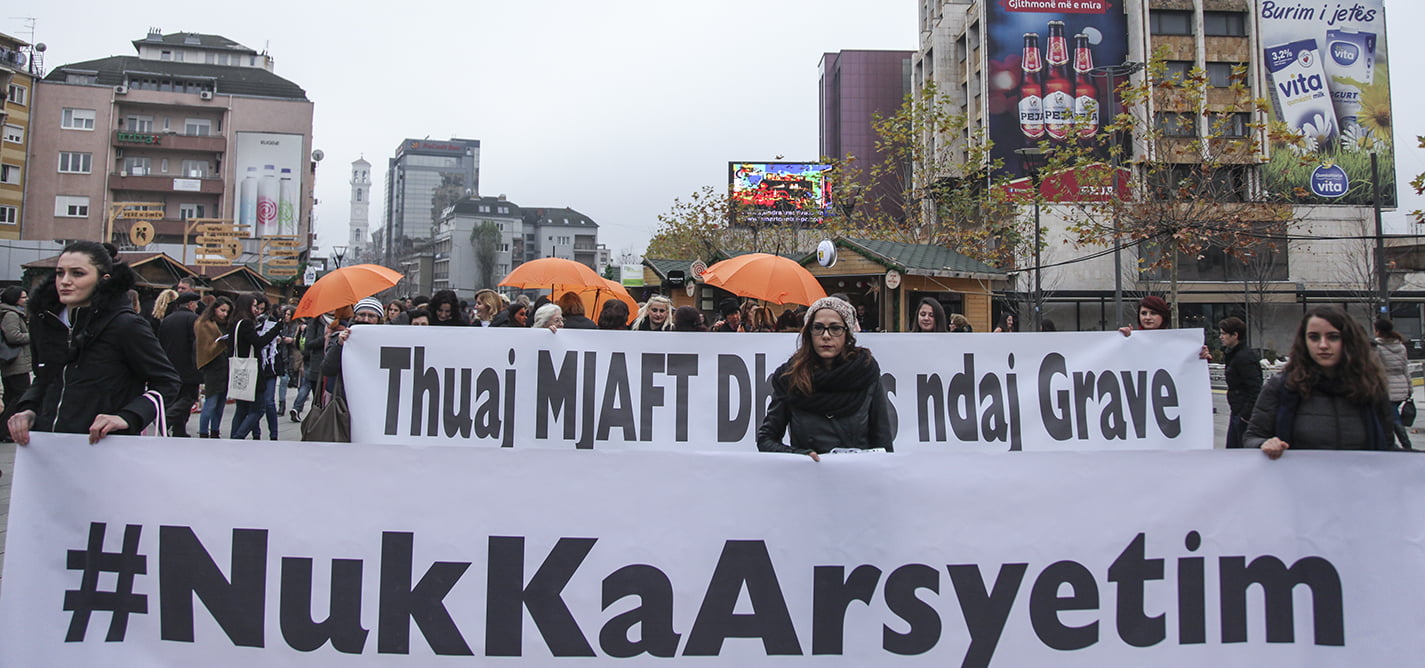
Outrage at sentence for Zejnepe Berisha’s murderer
Activists demand extension of 12 year sentence.
|13.04.2017
|
“I consider that such a decision is a crime in itself and those who took that decision are disgraced. Such decisions clearly show that the life of a woman doesn’t have any value in this justice system.”
Eli Gashi
Dafina Halili
Dafina Halili is a senior journalist at K2.0, covering mainly human rights and social justice issues. Dafina has a master’s degree in diversity and the media from the University of Westminster in London, U.K..
This story was originally written in English.